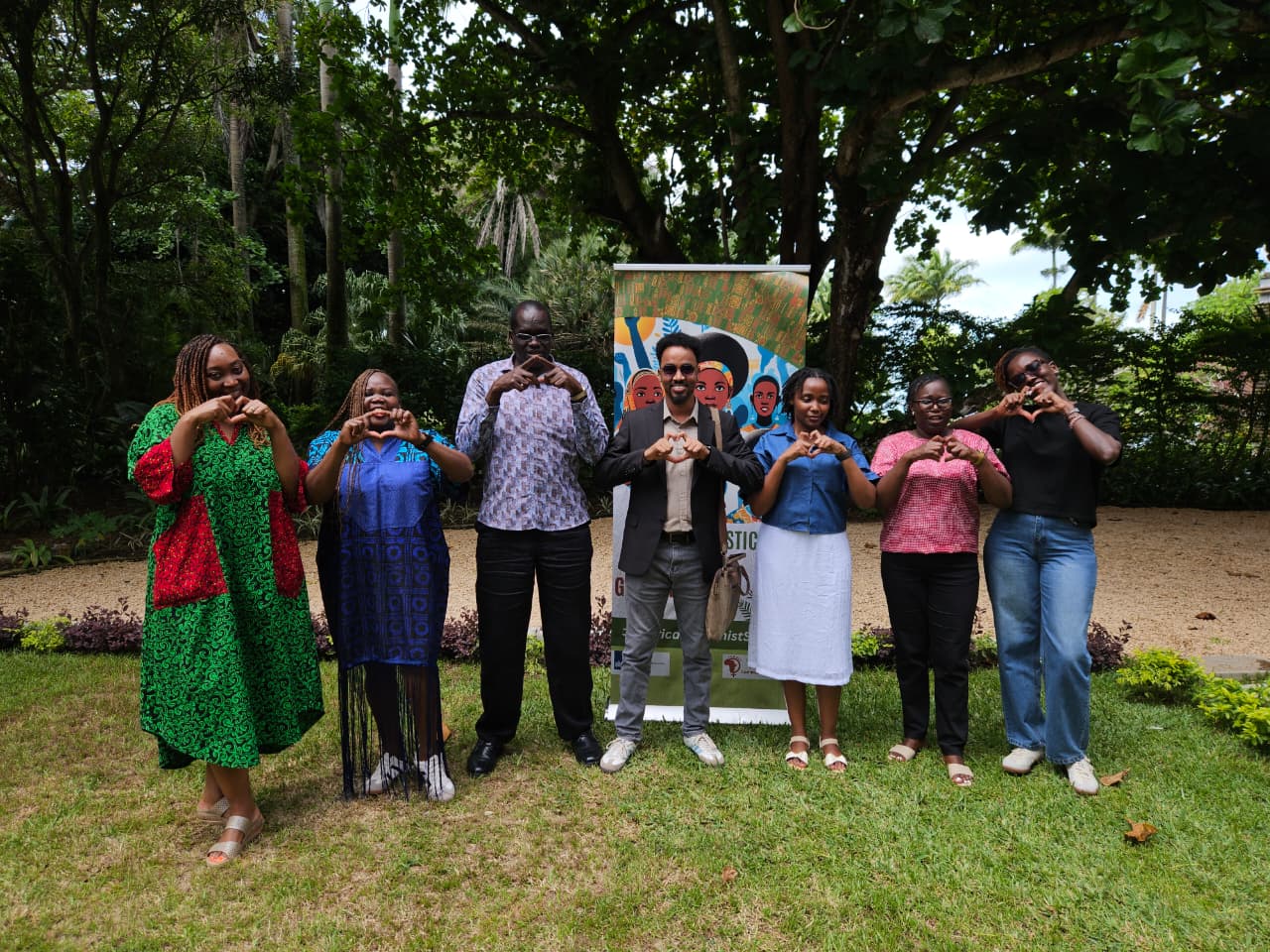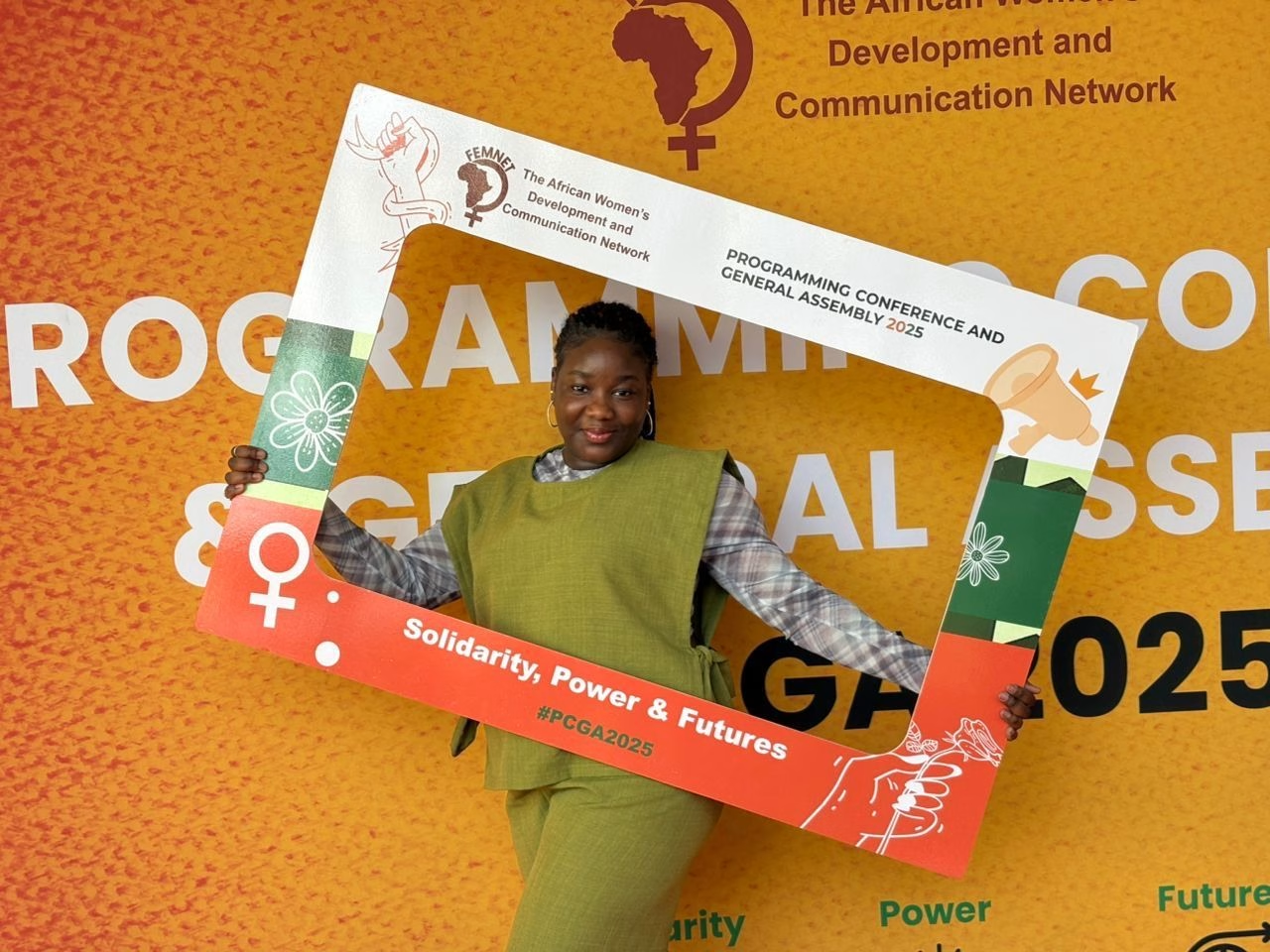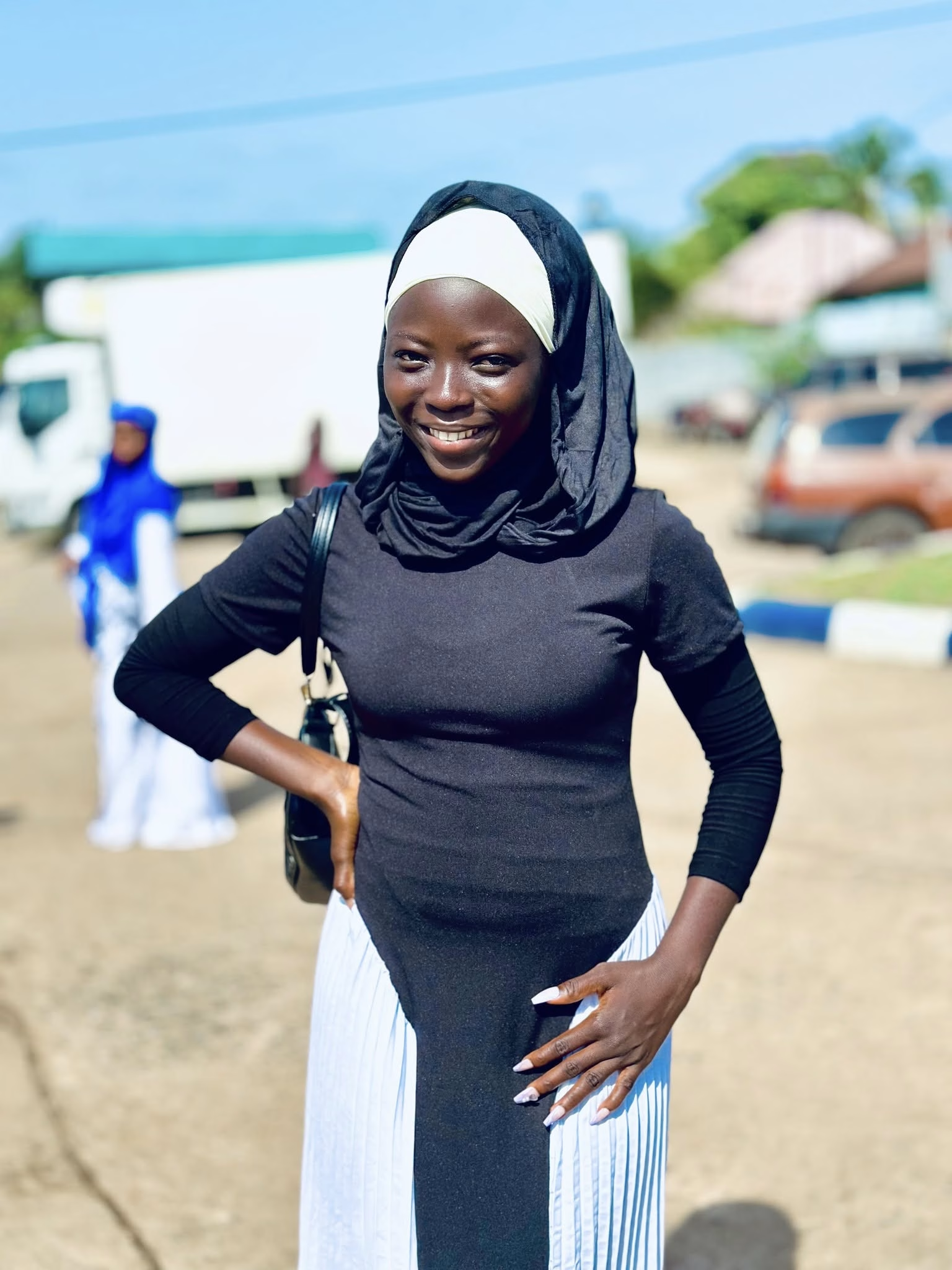
Watta Konneh: A Young Liberian Champion for Girls’ Rights
In a country where gender inequality remains a persistent challenge, young leaders like Watta Konneh are stepping up to drive change. At just 18 years old, Watta is already making a name for herself as a passionate advocate for girls’ and young women’s rights in Liberia. She first joined the She Leads program while still in high school, a journey that began when she ran for school president. Recognizing her leadership potential, the program supported her campaign, reinforcing the importance of empowering young women to take on leadership roles.
Since then, Watta has become a powerful voice in the fight against gender-based injustices. Through her participation in media discussions and community awareness campaigns, she educates the public on critical issues such as early and forced marriage, teenage pregnancy, and gender-based violence.
“My goal is to help young girls understand their rights and empower them to stand up for themselves,” Watta shares.
As the president of the Progressive Girls and Young Women for Advocacy Campaign, Watta leads a team of fellow advocates, managing their social media to amplify their message. Her efforts have sparked important conversations across different counties, encouraging more young girls to engage in activism.
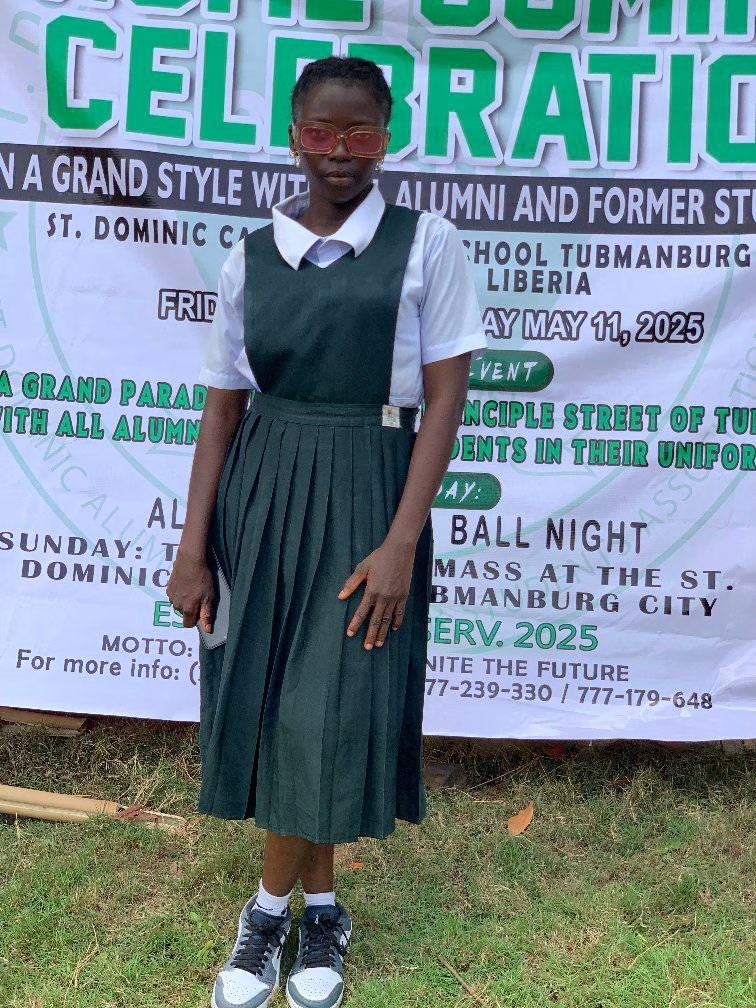
Wattah during her high school homecoming event.
Key Challenges in Liberia
Despite her determination, Watta acknowledges that the fight for gender equality in Liberia is far from over. She highlights several urgent issues affecting girls and young women, including rape, early child marriage, teenage pregnancy sometimes as young as 12 or 13, child trafficking, and domestic violence.
“These challenges make it difficult for girls to pursue their dreams. Many are forced into marriage or drop out of school because of pregnancy. It’s heartbreaking, and we need to do more to protect them.” Watta explains.
The She Leads program has been instrumental in supporting Watta and her advocacy work. Through the initiative, she has access to essential materials such as posters, books, and food supplies, which help sustain the awareness sessions she organizes. These sessions, which typically last two to three hours, provide a safe space for girls to learn about their rights and how to safeguard themselves from abuse and exploitation.
Leadership Challenges
Leading an advocacy campaign at a young age has not been without its difficulties. Watta faces resistance from some older team members, particularly those aged 20-21, who sometimes question her authority.
“It can be challenging to lead when people doubt your capabilities because of your age, but I remind myself why I started this journey: to make a difference. That keeps me going,” she admits.
She also recognizes the need to improve her delegation skills and develop a structured leadership succession plan to ensure the sustainability of her advocacy efforts.
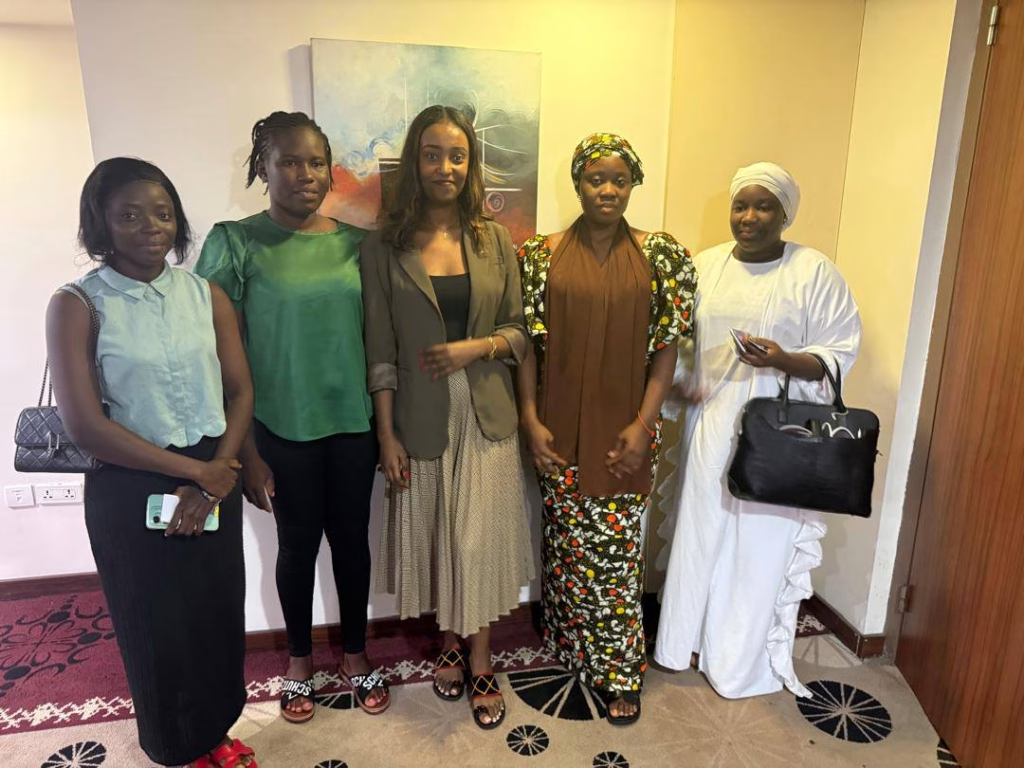
Wattah, together with her fellow She Leads participants, during an outcome harvesting meeting.
Future Plans and Education
Looking ahead, Watta has ambitious plans to establish her organization dedicated to supporting girls and young women. While she initially considered pursuing a law degree, she ultimately chose to study biochemistry due to the lengthy duration and limited job prospects of legal studies in Liberia.
“I realized that with biochemistry, I could still contribute to my country in a meaningful way while continuing my advocacy work,” she says.
Despite her demanding studies, Watta remains committed to expanding her advocacy work, increasing engagement on the Progressive Girls and Young Women for Advocacy Campaign’s social media pages, and conducting regular awareness sessions.
A Call to Action
Watta’s story is a testament to the power of young voices in shaping a more just and equitable society. As she continues her journey, she hopes to inspire more girls to rise, speak out, and take charge of their futures.
“We all have a role to play in creating change,” she emphasizes. “If we stand together, we can build a world where every girl is valued, protected, and empowered.”
Related Posts
Aluta Continua: Inside the AACJ Journey of Feminist Climate Justice in Africa
When the African Activists for Climate Justice (AACJ) Project began in 2021, it was driven by a clear
Learn MoreMama Sampy: Championing Girls’ Rights and Education in Mali
At just 22 years old, Mama Sampy from Mali has emerged as a powerful advocate for girls’ rights,
Learn More
